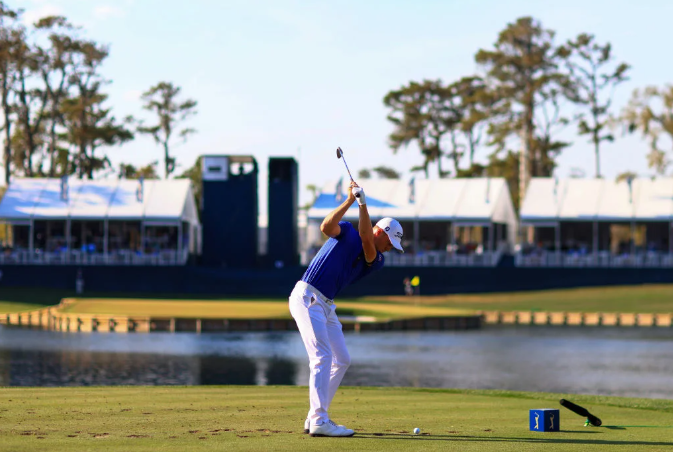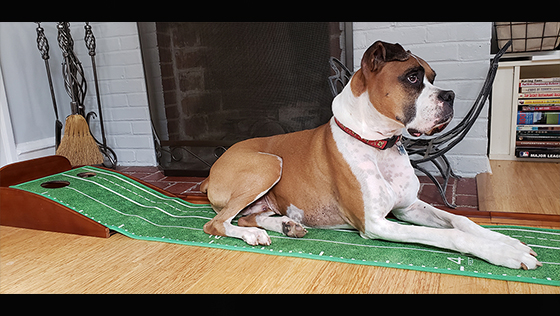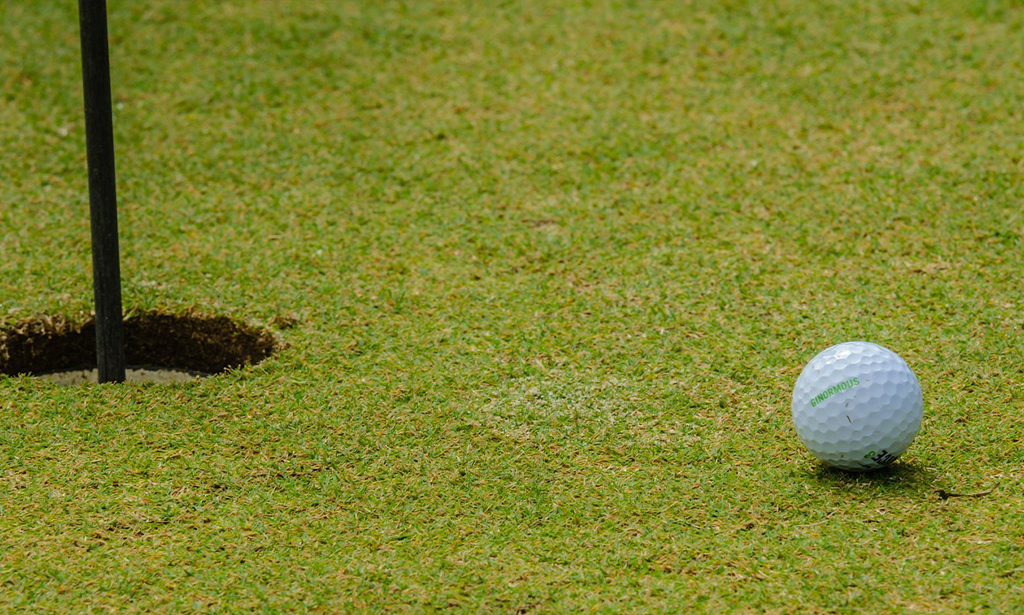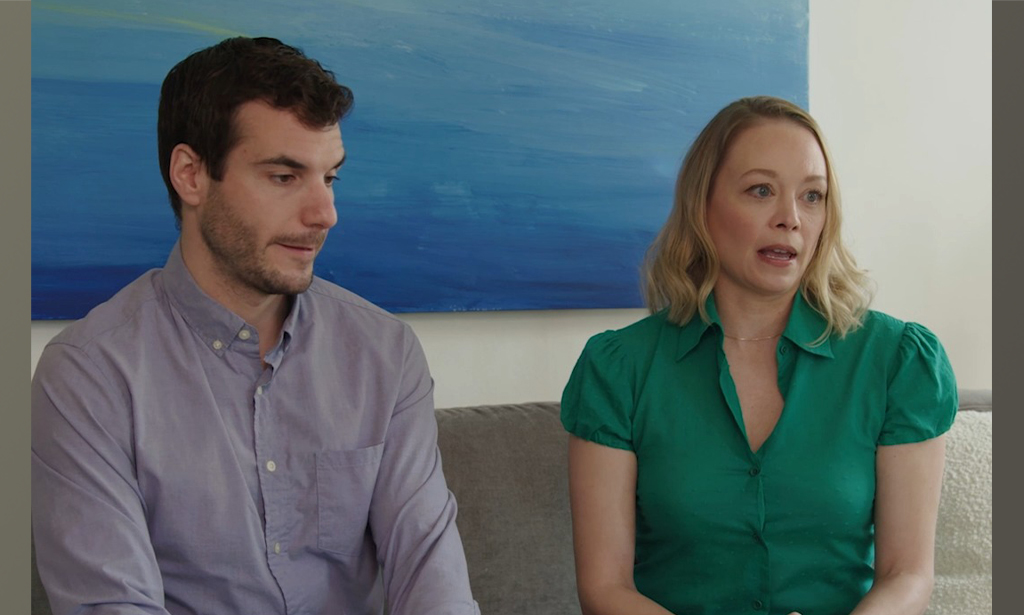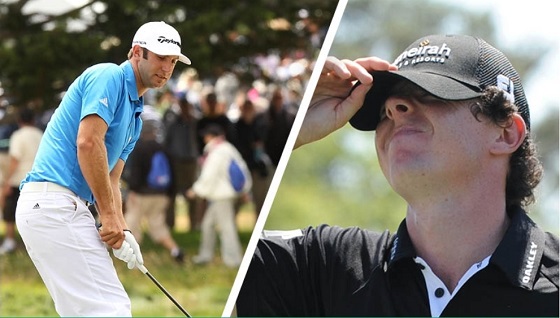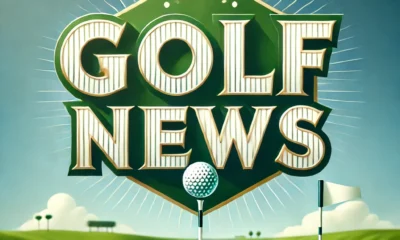PGA News
It’s Decision Time for U.S. Ryder Cup Captain Zach Johnson, and It Doesn’t Look Easy
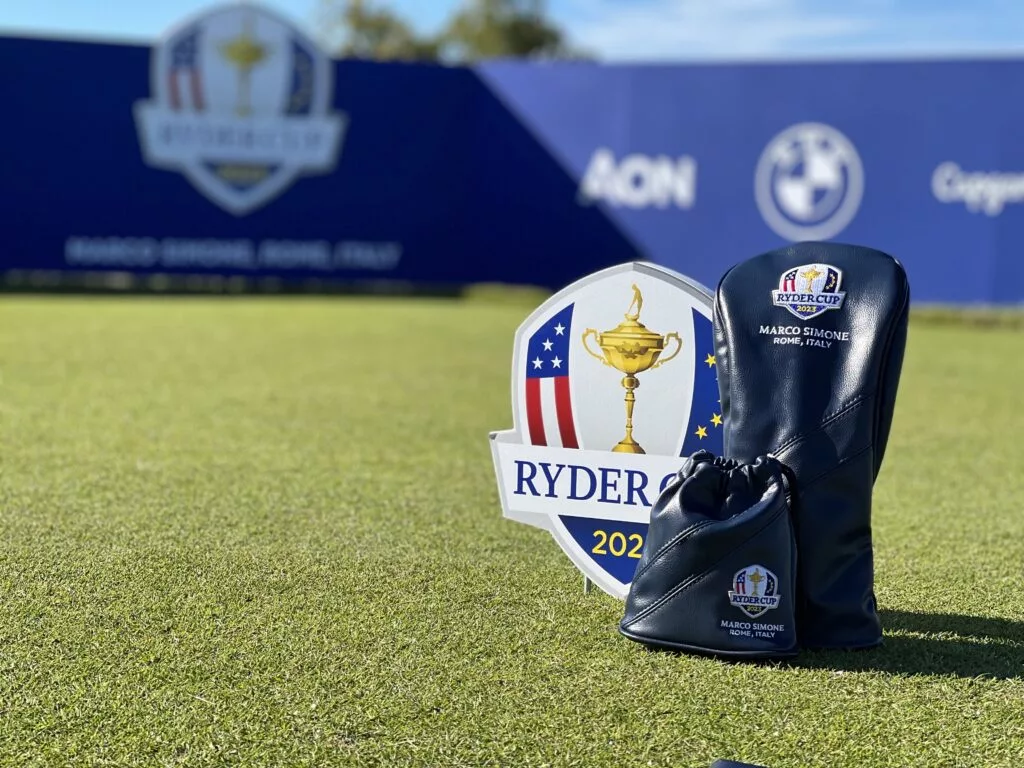
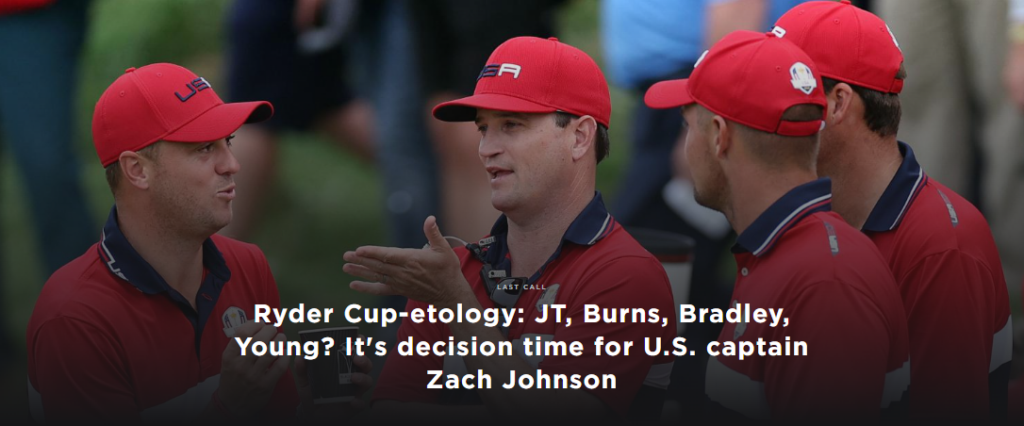
Here’s our best guess at who makes the U.S. Ryder Cup team and who gets snubbed
It is possible the decision is easier than it appears. Zach Johnson might very well have the exact pieces he wants to fill out his U.S. Ryder Cup team roster, leaving the rest of us to overanalyze the situation.
Scottie Scheffler, Wyndham Clark, Brian Harman, Patrick Cantlay, Max Homa, and Xander Schauffele are the automatic qualifiers for the Americans, having qualified through the BMW Championship.
Here’s a look at the players—in order of the final points finish—and some guesses as to who might be in Rome next month.
U.S. Ryder Cup Captain’s Picks: Contenders

The reigning PGA Championship winner, who tied for second at the Masters and has Ryder Cup experience, should not be in doubt. But the political infighting due to LIV Golf leads to the possibility that Koepka is left off the team. The guess here is that Johnson wants to avoid that negativity and knows that Koepka will be an asset.

Ranked 12th in the Official World Golf Ranking and 15th in the Sports Illustrated World Golf Rankings, Spieth is a virtual lock, at least according to several sportsbooks that have him off the board. His experience—and the fact that he’s been a good partner to another possible pick, Justin Thomas—and finishing eighth in points is more evidence. If you want to look for negatives, Spieth barely qualified for the Tour Championship, didn’t have a great week in Atlanta, and hasn’t had a top-five since the Memorial. But do you skip the 12th-ranked player who was eighth in points? The guess here is Spieth is on the team.
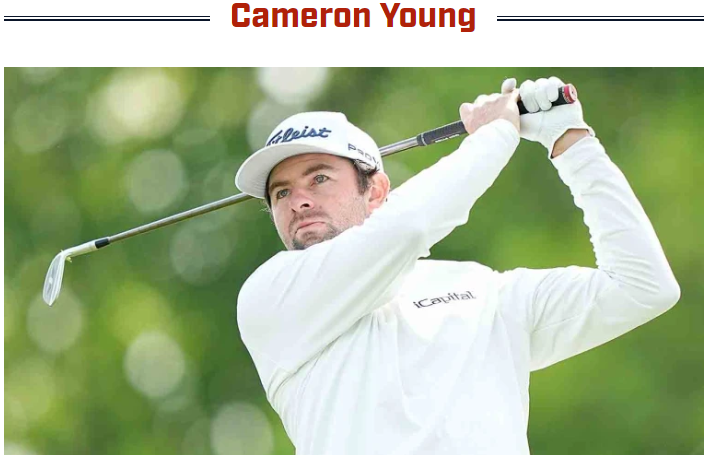
The reigning PGA Tour rookie of the year contended at the British Open again but has yet to win on Tour and has just six top-10 finishes in 2023. An excellent ball striker, his putting woes mirror some others on the team, which is why he is a risky pick. It’s possible that Johnson sees a role for such a solid player. And it’s tough to pass on No. 9. But the guess here is that Young gets left out.
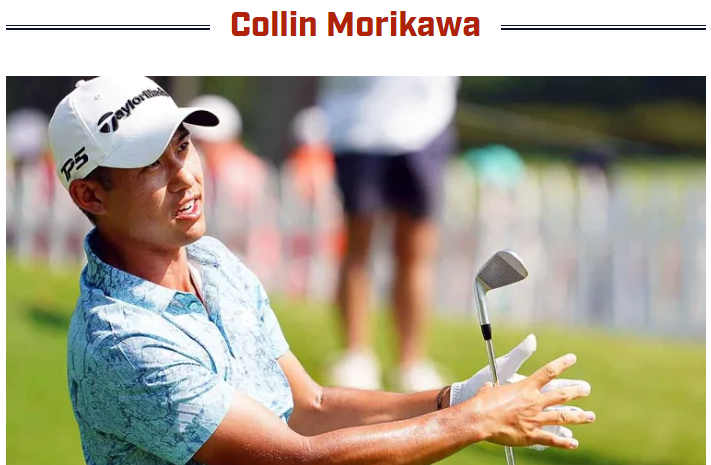
A two-time major champion who has failed to win in each of the past two seasons, Morikawa is difficult to leave off the team based on his excellent ball-striking ability. He went 2-1 last year at the Presidents Cup and 3-0-1 at the 2021 Ryder Cup. The guess here is that Morikawa gets a pick.
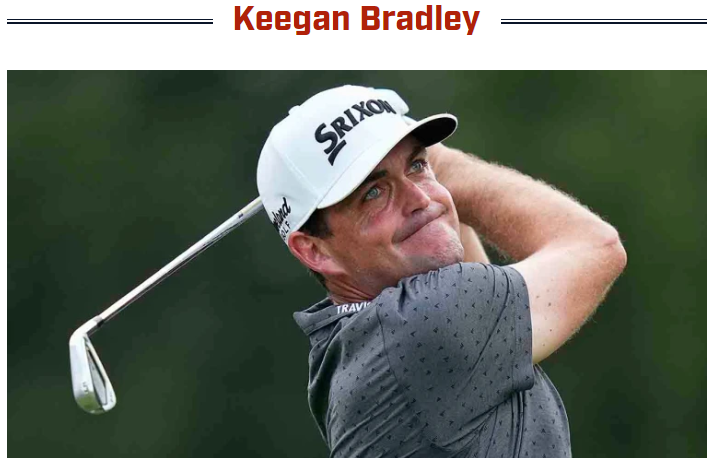
A two-time winner this season, Keegs hasn’t played in the Ryder Cup since 2014, and both of his team experiences were losses. But he’s viewed as the kind of fiery competitor that the U.S. team can use, and his putting has improved immensely. Since winning the Travelers Championship, he had not placed in the top 20 until the Tour Championship. Whether that is enough is up for debate. The guess here is that Bradley is a surprise pick.
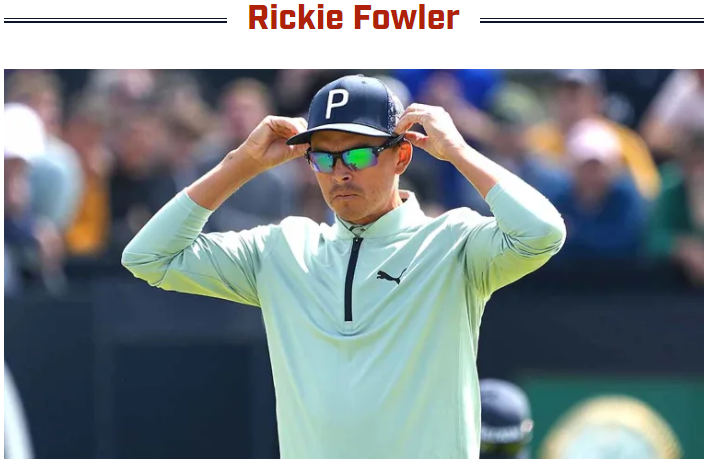
His victory at the Rocket Mortgage Classic—against Morikawa in a playoff—was one of the field-good stories of the year after more than four years without winning. But is that enough to get a Ryder Cup pick? His experience and overall good-guy vibe, along with being a solid putter, are assets. But he’s just 3-7-5 in four Ryder Cup appearances. And while he was trending well ahead of his victory this summer, he’s cooled off since. Another tough call. The guess here is yes.
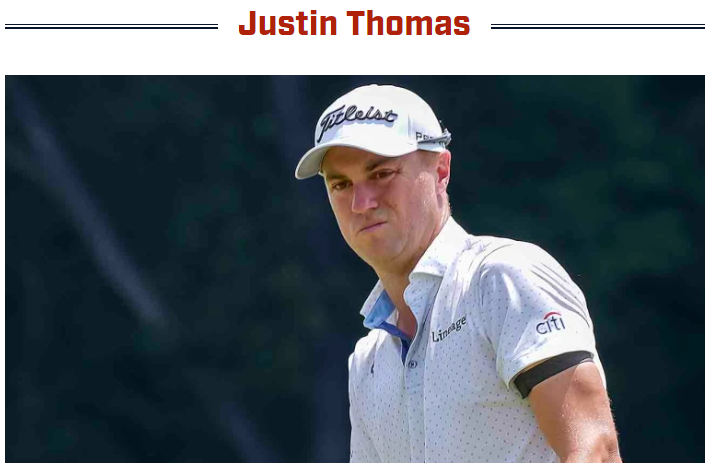
A difficult decision that promises to be controversial if Thomas gets picked. He’s missed the cut in three major championships, shooting in the 80s in two of them. He failed to qualify for the FedEx Cup playoffs, finishing 71st. He’s also had just one top-five finish all year. But this is where having all the picks allows for intangibles, gut feelings, or pairings. Thomas is 6-2-1 in his two Ryder Cups, including 4-1 in Paris in 2018. He’s been a team leader at the Presidents Cup as well. And he’s the type of player who can get under an opponent’s skin. And let’s not forget, Tiger Woods has some influence behind the scenes. Woods and Thomas are buddies. You know Thomas will be ready. The guess here is yes
Notable Others
Certainly, there are others to consider. Sam Burns: He seemed a lock after winning the WGC Match Play in March, but Burns has not done much since that time, and his record at last year’s Presidents Cup—0-3-2—is nothing to get excited about either. But he’s good friends with Scottie Scheffler, and how much influence does the No. 1 player yield? They went 0-1-2 as teammates at the Presidents Cup, which at least means they have experience playing together. This is a tough call. The guess here is no. Denny McCarthy: He’s 14th in points and had a playoff loss to Viktor Hovland at the Memorial. It’s probably not enough for a player who’s never won and never played in a Ryder Cup or Presidents Cup. He’s had a solid year and shown plenty of promise, but there are too many other choices. The guess here is no. Lucas Glover has won twice lately and is a popular player who’d get along with anyone and could be a good partner for several players. Tony Finau somehow is just 21st in points despite a victory earlier this year and has been a member of several Ryder Cup and Presidents Cup teams. Dustin Johnson, who plays for LIV Golf, went 5–0 two years ago. Bryson DeChambeau, who also plays for LIV, is intriguing given his length.
There are numerous directions Zach can go. The good news is that we will get the answers today!
I have gone over and over it, back and forth… BUT – Here’s my final roll call on the U.S. side: Keep in mind It’s 4 a.m. and I am sleep-deprived…
Automatically qualified: Scottie Scheffler, Wyndham Clark, Brian Harman, Patrick Cantlay, Max Homa, and Xander Schauffele
Easy Captain’s Picks: Brooks Koepka, Jordan Spieth, and Collin Morikawa
Harder, but Still Definite Captain’s Picks: Justin Thomas, Rickie Fowler
Last Man In: Keegan Bradley in a surprise upset pick
First Man Out: Sam Burns or Cam Young Too Close to Call, but I believe both will be watching on TV
Close, but No Cigar: Lucas Glover, Denny McCarthy, Tony Finau, DJ
Golf News
The 6 Most Ridiculous Rules in Golf
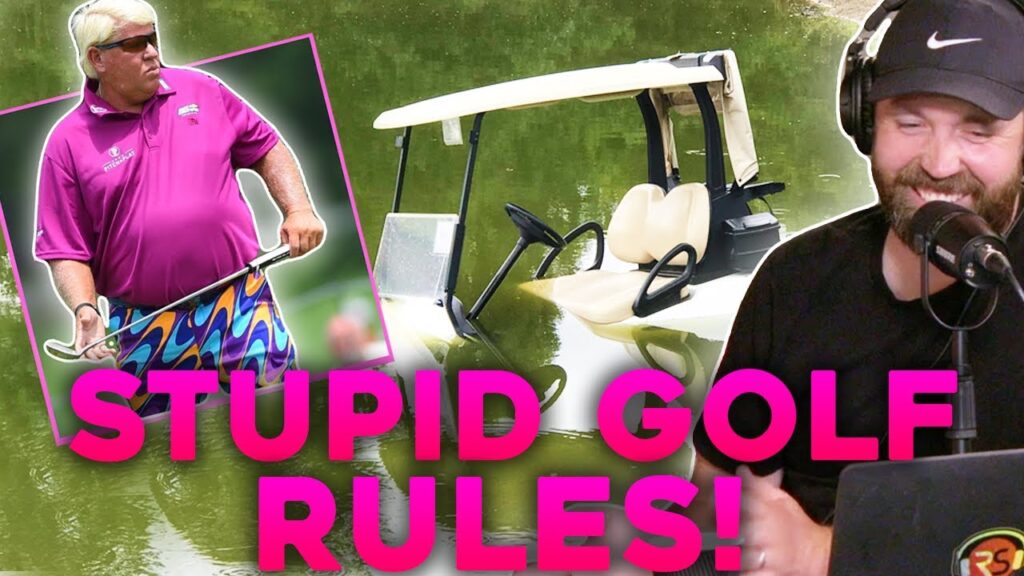
Let’s get these changed ASAP huh Fellas?
Remember Dustin Johnson pleading to a rules official during the final round of the 2016 U.S. Open. I had his back and most of the world did too.
They say you can’t fix stupid, but you are able to complain about it and hopefully get it changed. Golf, this game we love, there is plenty of senselessness to go around. Witness the Rules of Golf, an encyclopedic catalog of do’s and don’ts that often fall beyond the bounds of reality
For argument’s sake, here’s our take on six of the dumbest rules in the most beloved sport on the planet. OK, maybe I am biased, but the game is pretty old and may need a little botox here and there. Just Sayin’
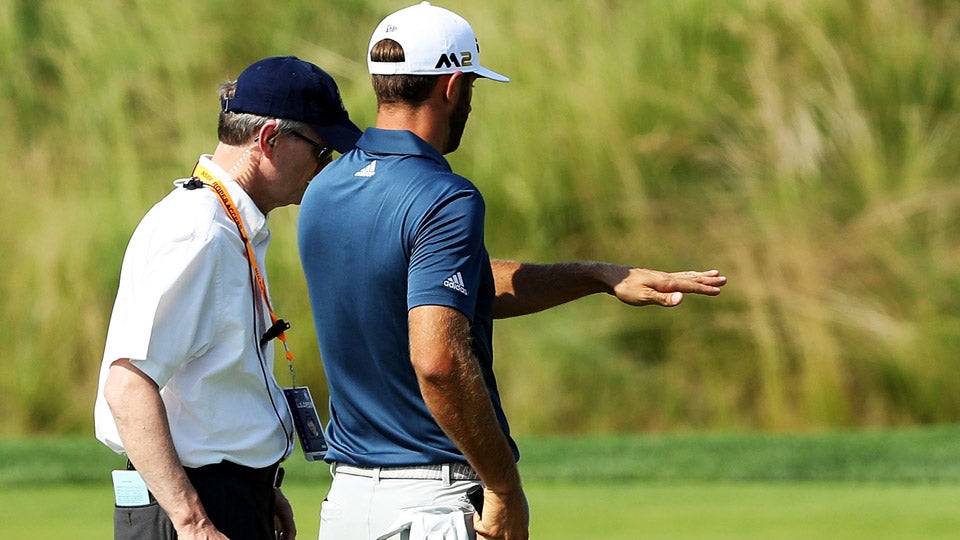
1. The Dreaded “DJ Rule
In the official ledger, it’s Rule 18-2. But ever since the 2016 U.S. Open, it’s more widely recognized as that *&%$!!!-ing Dustin Johnson Rule. You know, that nonsensical one under which the eventual tournament winner was slapped with a one-shot penalty for supposedly causing his ball to move a nano-millimeter on the 5th green. Never mind that he clearly didn’t intend to set the ball in motion, or that the micro-movement gave him no discernible advantage. The punishment stood. But we shouldn’t have to stand for it in the future. How about this? Next time around, no harm, no foul. Move the ball back, end of story!

2. No Relief from Sand-Filled Divots – In the fairway?
Let’s see if we understand correctly: if we spray a tee shot off-line and our ball winds up in the ground under repair zone, we’re entitled to relief. But if we smoke one down the middle and it settles in a sand-filled crater left behind by another golfer, we’re doomed to play it as it lies. That ground we landed in happened to be damaged. Someone tried to repair it. Sounds to us like… the ground is under repair. Now Im no genius, but are you following me here?
2. The “DROP”
You’d think that hitting a shot into a hazard would be punishment enough. But you’d be wrong. Under the Rules of Golf, the dogged victim then has to go through the tedious ritual known as the drop, which brings other potential rules infractions into play. If the dropped ball moves closer to the hole (as it so often does) twice, the player gets to place it. So why not just allow placement from the start? It would spare the player undue pain, and save the rest of us a lot of time.
3. Stroke & Distance
In American jurisprudence, it’s known as double jeopardy, a procedural defense that protects us from being prosecuted twice for the same crime. Sounds reasonable, right? No such safeguard exists for a golfer who bangs a ball into oblivion, only to be slapped with a stroke penalty on top of loss of distance. That’s two punishments for one misdeed, and it’s unjust by any measure. We, the people, call for a one-stroke penalty and lateral relief. Motion Carries!
4. Sprinkler Head in Your Putting Line
Your approach shot lands pin high, just on the collar, and a straightforward putt awaits, with just one problem: a sprinkler head lies in your putting line. Common sense suggests that you should get relief, no closer to the hole; a sprinkler head, after all, is a man-made impediment. But common sense apparently has no place here. Your only hope is that the course you’re playing has a local rule that allows line-of-play relief from immovable obstructions within two club lengths of the green, which, let’s be reasonable here, should really be the rule that governs all play.
5. Five Minutes for a Lost Ball – Really?
That lax allowance dates back to a bygone era, when life moved at a pastoral pace and golfers had the luxury of lollygagging. This is the modern age. Chop, chop, time’s a-wasting. We’ve got cat videos to watch and vapid tweets to send. The game needs to adapt. And besides, if you can’t find that errant ball in two minutes, you probably don’t want to in the first place. It will be under a rock or in a bush but with just enough clearance that those 9 deadly words are uttered “I think I can get a club on it”
6. Cant move a ball from a footprint in a bunker – This one Grinds my Gears
It might make sense on Tour, where players all have caddies and the grounds are as well-groomed as the gardens of Versailles. But many of the courses we mortals play are under-tended and trod upon by etiquette-flouting chops who don’t even attempt to rake up their mess, creating hazards within hazards. The more sensible alternative: if your ball lands in a footprint in a bunker, move it and place it elsewhere in the sand. Done, End of rant. You may go about your business.
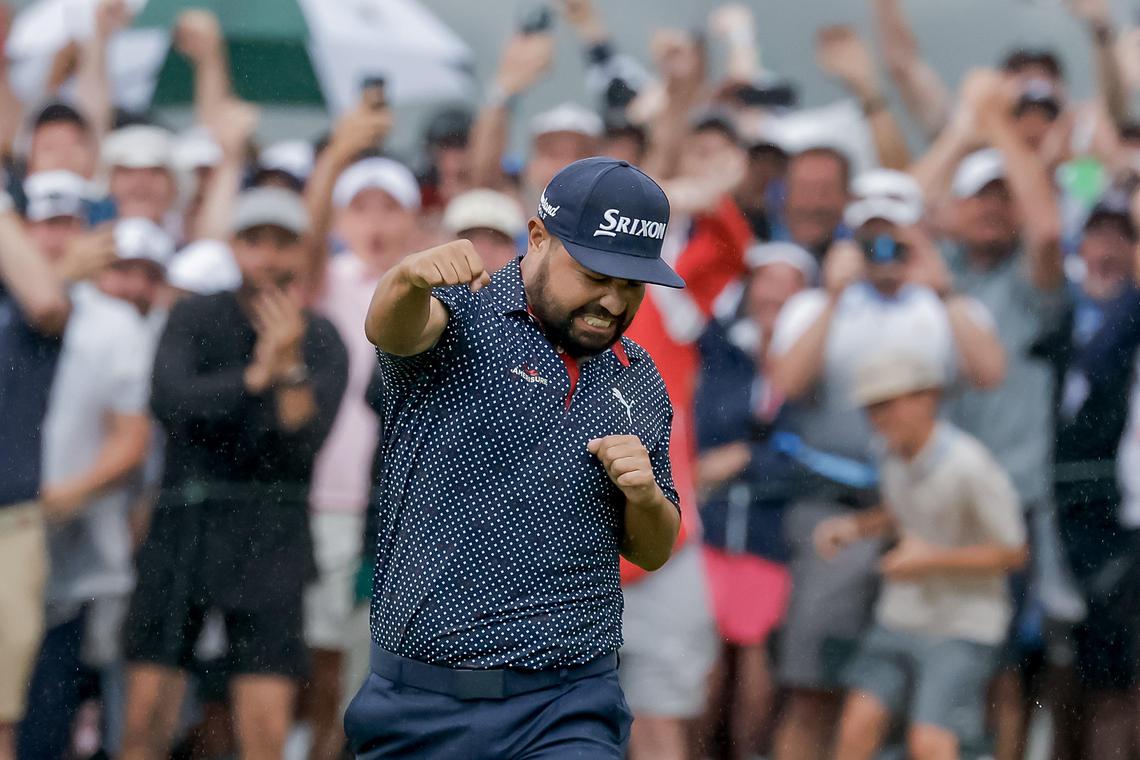
When JJ Spaun stood over a 64-foot birdie putt on the 72nd hole of the 2025 U.S. Open at Oakmont, few could have predicted what would come next. The ball meandered across the slick green, trickling over every contour, picking up speed at the crest, and then—like it had GPS—dropped center cup. Spaun dropped his putter, raised his arms, and the crowd erupted. With that single stroke, he claimed his first major title in one of the most dramatic finishes in U.S. Open history.
But how does Spaun’s putt stack up against other legendary finishes in the tournament’s storied past? Let’s break down some of the most iconic moments and see where this one lands.
1. Payne Stewart – 1999 U.S. Open at Pinehurst
Perhaps the most iconic putt in U.S. Open history came from Payne Stewart, who nailed a 15-footer for par on the 18th to win by one over Phil Mickelson. The pose—fist pump and outstretched leg—has since been immortalized in a statue at Pinehurst. What made it legendary wasn’t just the putt—it was the context: Stewart’s final major before his tragic death just months later.
Verdict: Iconic and emotional. Spaun’s putt was longer, but Stewart’s was more poetic.
2. Tiger Woods – 2008 U.S. Open at Torrey Pines
Woods drained a 12-foot birdie on the 72nd hole to force a playoff with Rocco Mediate—while basically playing on one leg. That tournament went to sudden death after an 18-hole playoff, and Tiger prevailed. This was peak Tiger drama, pain and all.
Verdict: Spaun’s putt was longer, but Tiger’s win was sheer willpower and mystique.
3. Jack Nicklaus – 1972 U.S. Open at Pebble Beach
With a 1-iron shot that hit the flagstick on 17 and a crucial birdie putt on 18, Jack sealed a dominant win. His precision and timing under pressure showed why he’s the GOAT.
Verdict: Not a putt for the win, but a signature finishing statement from Jack. Spaun’s was more electric in terms of pure putter drama.
4. Ben Hogan – 1950 U.S. Open at Merion
Hogan’s 1-iron into the 18th fairway and the par to force a playoff—just 16 months after a near-fatal car crash—remain legendary. He won the playoff and completed one of golf’s great comeback stories.
Verdict: Larger-than-life comeback. Spaun’s putt had more flair, but Hogan’s win was heroic.
5. JJ Spaun – 2025 U.S. Open at Oakmont
Let’s not underestimate what Spaun accomplished. The pressure was immense. He wasn’t the favorite. And on the most treacherous greens in golf, he buried a 64-foot bomb—a putt most players would be happy to lag to within 5 feet—to win the U.S. Open outright.
Verdict: For distance, surprise, and drama, Spaun’s putt may be the most shocking winning stroke in U.S. Open history.
Final Thoughts
JJ Spaun may not have the résumé of a Nicklaus or Woods, but for one Sunday afternoon in June 2025, he created a moment that will live in golf lore forever. Spaun’s putt was longer than Stewart’s, more unexpected than Tiger’s, and more dramatic than any final-hole finish in recent memory.
In terms of pure clutch putting? It might just be the greatest walk-off in U.S. Open history.
Blog
Meet The Canadian Open Qualifier Tied To ClickIt Golf!
“This week was incredible,” he said. “A dream come true.”

Josh Goldenberg doesn’t plan to quit his day job. But he had a great time dabbling in his old career.

He gave up on pro golf, then qualified for his first PGA Tour event.
Read the full story here
https://golf.com/news/josh-goldenberg-rbc-canadian-open/?amp=1
-

 Product Review6 years ago
Product Review6 years agoThe Perfect Practice Putting Mat Review by Jason Tenzer
-

 Blog5 years ago
Blog5 years agoLoophole Rule Offers PGA Tour Pros a Mulligan
-

 Blog5 years ago
Blog5 years ago2021 Buyer’s Guide: The Top 10 Value Golf Balls For Distance & Feel
-

 Blog5 years ago
Blog5 years agoGolf Marriage Counselor
-

 Product Review6 years ago
Product Review6 years agoTHE ADJUSTABLE IRONS: WALKING STICKS GOLF CLUBS
-

 Blog7 years ago
Blog7 years ago9 Biggest Chokes Of The Past Decade
-

 Blog5 years ago
Blog5 years agoWhat Your Golf Clubs Say About You
-

 Golf News2 months ago
Golf News2 months agoThe latest news in golf
























